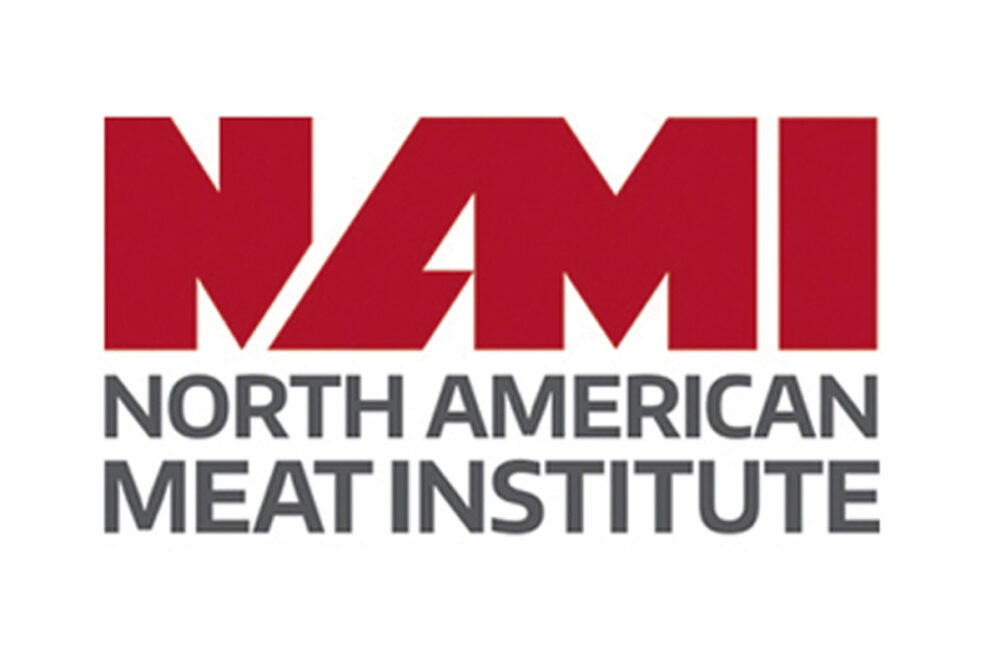WASHINGTON- The North American Meat Institute (NAMI) provided its testimony before a hearing regarding the Cattle Price Discovery and Transparency Act.
The trade association asked members of the Senate Committee on Agriculture, Nutrition and Forestry to reject the proposal by US Senators Deb Fischer (R-Neb.) and Chuck Grassley (R-Iowa).
Their revised legislation earlier this year looked at minimum levels of fed cattle purchases made through approved pricing mechanisms.
“I first introduced legislation nearly two years ago after hearing concerns from cattle producers in Nebraska, but also from producers all across this nation,” Fischer said during the latest hearing on April 26. “Sen. Grassley has introduced legislation for 20 years. This is not a new issue. This is not an issue that came about due to COVID. It has existed for years. The goal of this legislation has not changed – we want to ensure every segment of the beef supply chain can succeed by ensuring robust price discovery and market transparency.”
NAMI said these changes to the law would become federal mandates for beef producers.
“Leading agricultural economists have determined Grassley-Fischer bill’s latest draft remains costly to producers, especially producers in Texas, Oklahoma and Kansas where the majority of US fed cattle are raised,” said Julie Anna Potts, president and chief executive officer of NAMI. “Due to a shrinking herd and sustained consumer demand, cattle prices are at seven-year-highs without federal intervention in the market.”
An analysis from Texas A&M University economists showed that the bill would cost producers an estimated $112 million over five years or $50 a head based on 2.3 million head.
The economists from the Agricultural and Food Policy Center found the mandate would have regional disparities with the Texas-Oklahoma-New Mexico region, Kansas and Nebraska absorbing much of the costs, while the Iowa-Minnesota region would escape relatively unscathed.
Potts’ testimony also addressed the Meat and Poultry Special Investigator Act of 2022, which NAMI said duplicated an existing regulatory effort from the Packers and Stockyards (P&S) Division.
“The Special Investigator (and staff) would feel emboldened and obligated to bring as many cases as possible, whether warranted or not, to test the legal limits of the new rules,” Potts said in her testimony. “The resulting legal uncertainty and chaos will accelerate changes in livestock and poultry marketing that will likely add cost to producers and packers and up-end the supply chain.”

